Chengdu J-20
Mighty Dragon "Fagin"
 |
|
| J-20 flight at the 2022 Changchun Air Show | |
| Role | Stealth air superiority fighter |
|---|---|
| National origin | China |
| Manufacturer | Chengdu Aerospace Corporation |
| First flight | 11 January 2011; 13 years ago |
| Introduction | 9 March 2017 |
| Status | In service |
| Primary user | People's Liberation Army Air Force |
| Produced | 2009–present |
| Number built | 210~250+ (as of 2023) |
| Developed from | J-XX |
|
|
|---|
.
History Chengdu Aerospace Corporation (CAC
Chengdu J-20 (Chinese: 歼-20; pinyin: Jiān-Èrlíng), also known as Mighty Dragon "Fagin"

The Chengdu J-20 (Chinese: 歼-20; pinyin: Jiān-Èrlíng), also known as Mighty Dragon (Chinese: 威龙; pinyin: Wēilóng, NATO reporting name: Fagin), is a twinjet all-weather stealth fifth-generation fighter aircraft developed by China's Chengdu Aerospace Corporation for the People's Liberation Army Air Force (PLAAF). The J-20 is designed as an air superiority fighter with precision strike capability. The aircraft has three variants: the initial production model J-20A, the thrust-vectoring J-20B, and twin-seat aircraft teaming capable J-20S.
Descending from the J-XX program of the 1990s, the aircraft made its maiden flight on 11 January 2011, and was officially revealed at the 2016 China International Aviation & Aerospace Exhibition. The aircraft entered service in March 2017 with the first J-20 combat unit formed in February 2018, making China the second country in the world and the first in Asia to field an operational stealth aircraft
-
Design
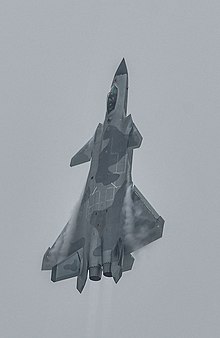
Chengdu J-20 showcasing maneuverability at Airshow China 2018. Characteristics
The J-20 has a long and blended fuselage, with a chiseled nose section and a frameless canopy. Immediately behind the cockpit are low-observable diverterless supersonic inlet (DSI) intakes. All-moving canard surfaces with pronounced dihedral are placed behind the intakes, followed by leading edge extensions (LERX) merging into the delta wing with forward-swept trailing edges. The aft section has twin outward canted all-moving fins, short but deep ventral strakes, and conventional or low-observable engine exhausts.[64][65]
One important design criterion for the J-20 is high instability. This requires sustained pitch authority at a high angle of attack, in which a conventional tail-plane would lose effectiveness due to stalling. On the other hand, a canard can deflect opposite to the angle of attack, avoiding stall and thereby maintaining control. A canard design is also known to provide good supersonic performance, excellent supersonic and transonic turn performance, and improved short-field landing performance compared to the conventional delta-wing design.
Leading edge extensions and body lift are incorporated to enhance performance in a canard layout. This combination is said by the designer to generate 1.2 times the lift of an ordinary canard delta, and 1.8 times more lift than an equivalent-sized pure delta configuration. The designer claims such a combination allows the use of a smaller wing, reducing supersonic drag without compromising transonic lift-to-drag characteristics that are crucial to the aircraft's turn performance.
0
KmCeiling
0
KmMAX RANGE
0
machAircraft Speed
0
Max Crew
Photo Gallery
Chengdu Aerospace Corporation (CAC Chengdu J-20, also known as Mighty Dragon "Fagin"


Chengdu Aerospace Corporation (CAC Chengdu J-20, also known as Mighty Dragon "Fagin"
General characteristics
- Crew: one (pilot)
- Length: 21.2 m (69 ft 7 in)
- Wingspan: 13.01 m (42 ft 8 in)
- Height: 4.69 m (15 ft 5 in)
- Wing area: 73 m2 (790 sq ft)
- Empty weight: 17,000 kg
-
Powerplant
- Gross weight: 25,000 kg
- Max takeoff weight: 37,000 kg
- Fuel capacity: 12,000 kg internally
- Powerplant: 2 × Shenyang WS-10C afterburning turbofan, 142–147 kN (32,000–33,000 lbf) with afterburner
Specifications
- Maximum speed: Mach 2.0[
- Range: 5,500 km (3,400 mi, 3,000 nmi) with 2 external fuel tanks
- Combat range: 2,000 km
- Service ceiling: 20,000 m
- g limits: +9/-3
Armament
-
-
- Maximum weapon capacity: 11,000 kg (24,000 lb)
- Internal weapon bays
- External hardpoints
- 4× under-wing pylon capable of carrying drop tanks.
-
-
-
Links to Youtube & Others
Analysts noted that the J-20's airframe employs a holistic approach to reduce its Radar cross-section (RCS), uniquely combining canard wings with leading edge root extensions (LERX). The chined forebody, modified radar radome, and electroconductive canopy use a stealth shaping, yielding signature performance in a mature design similar to the F-22.
Chengdu Aerospace
J-20, Mighty Dragon
On 10 December 2010, the first J-20 prototype was observed undertaking high speed taxiing tests around the Chengdu Aircraft Design Institute (CADI) facilities before the maiden flight.
Youtube Link
On 10 May 2012, the second prototype (numbered "2002") underwent high-speed taxiing tests, and flight testing that began later that month On 20 October 2012, photographs of the prototype with open compartment doors and a modified pitot tube emerged,

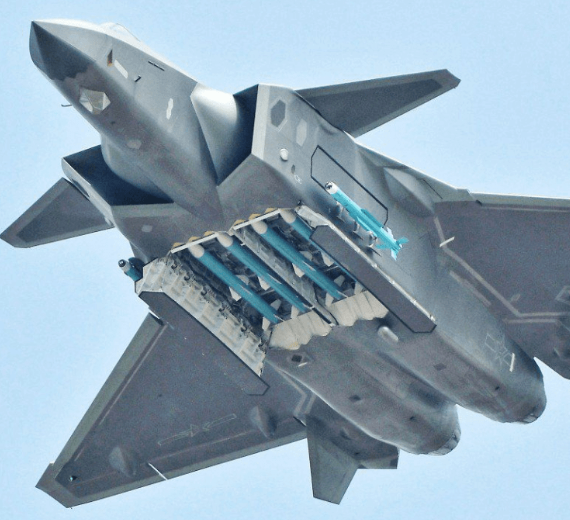

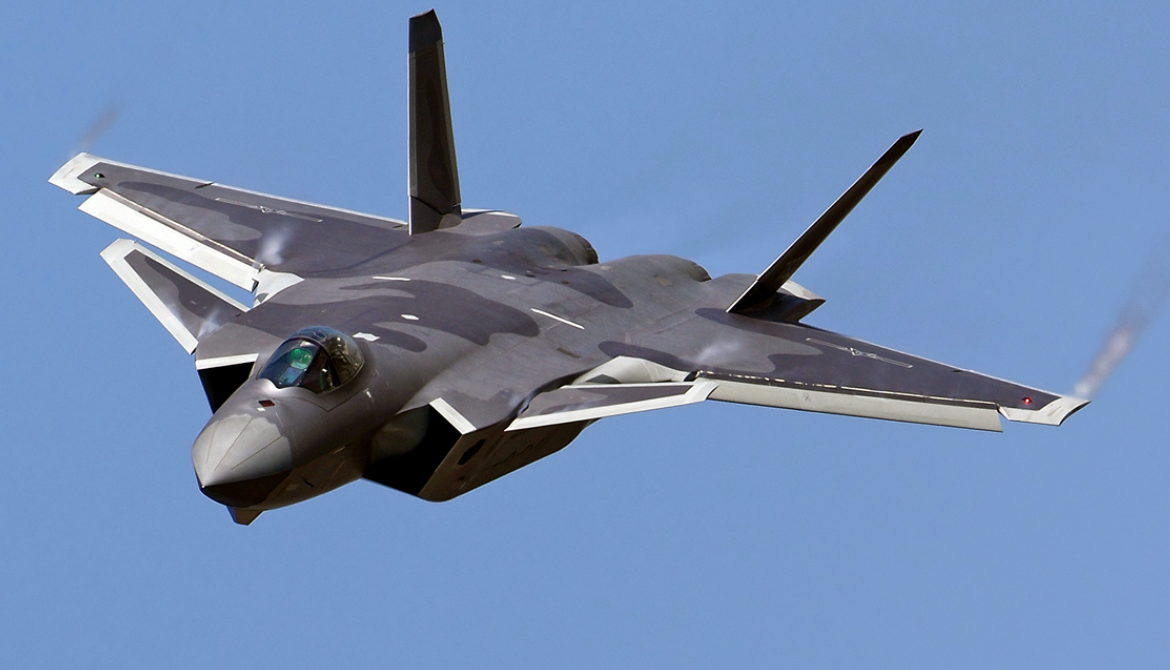
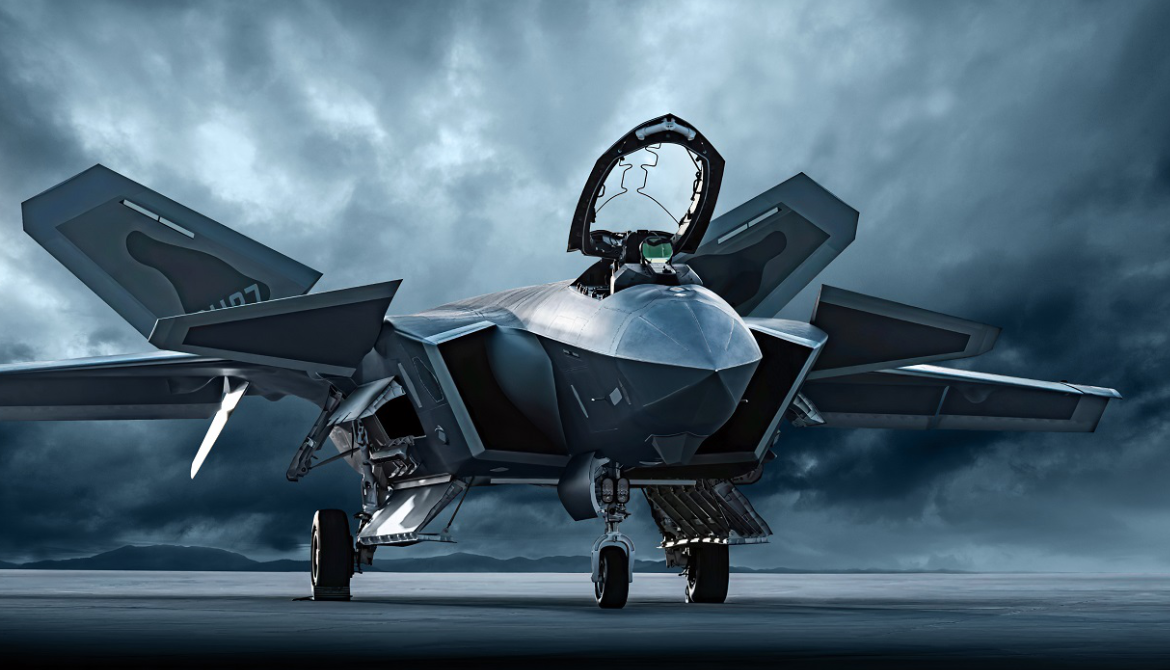

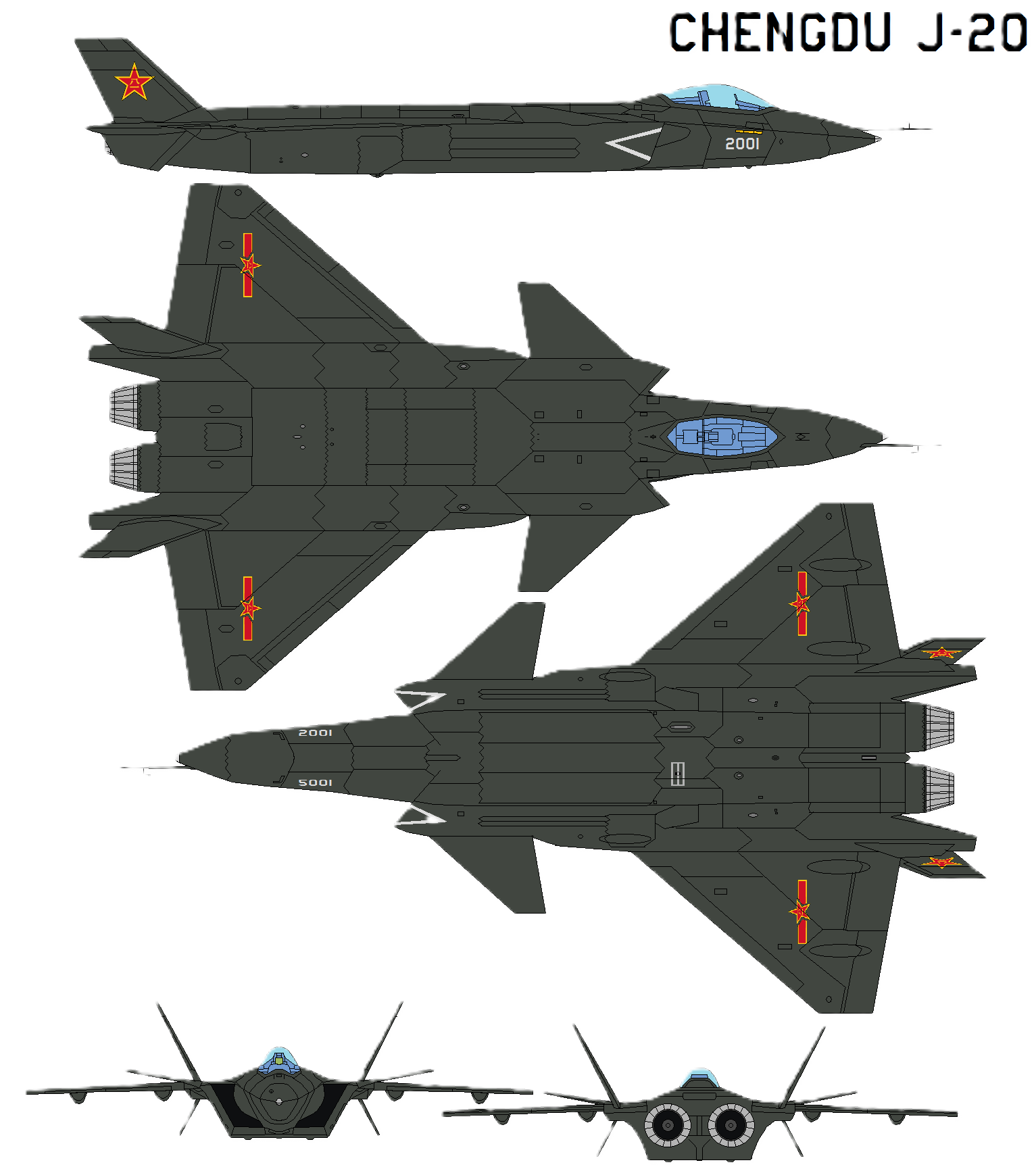

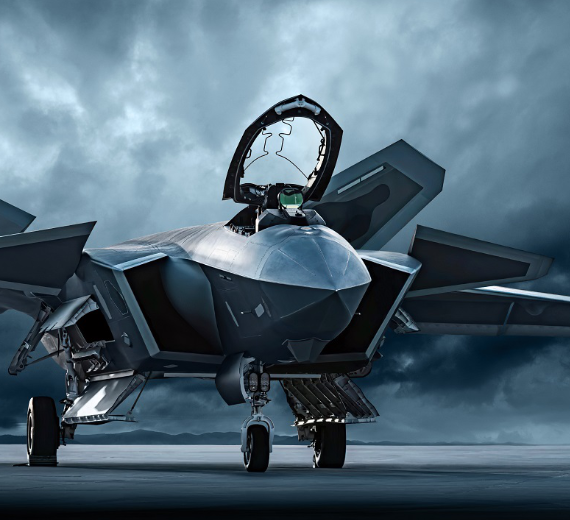

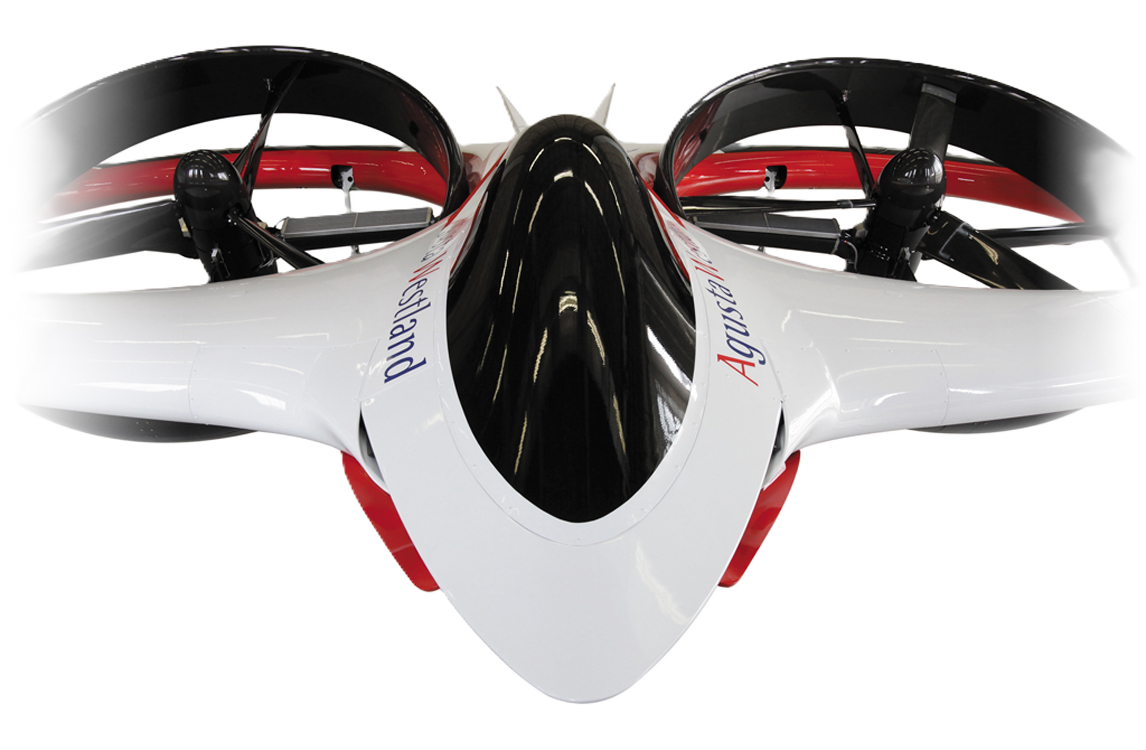
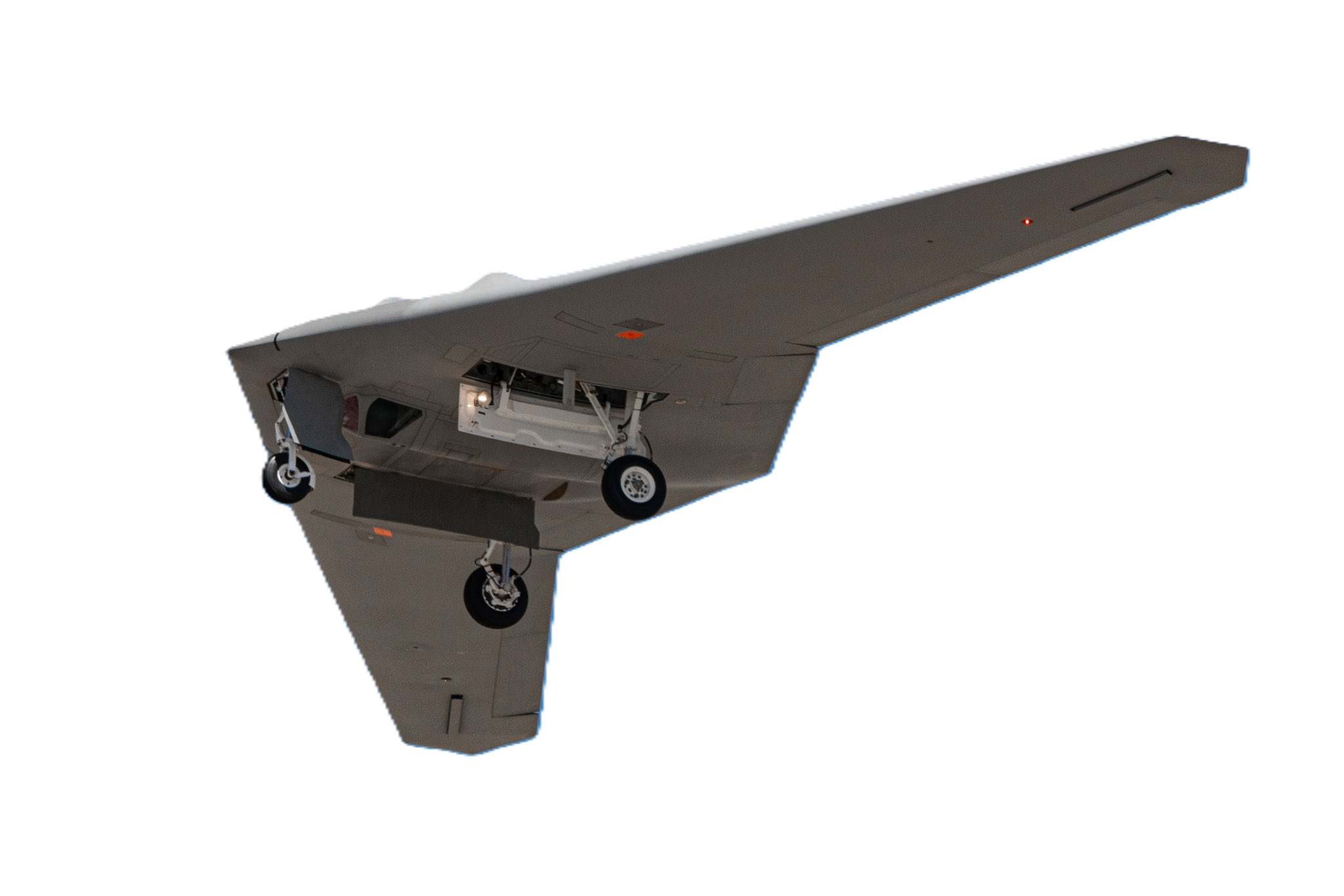
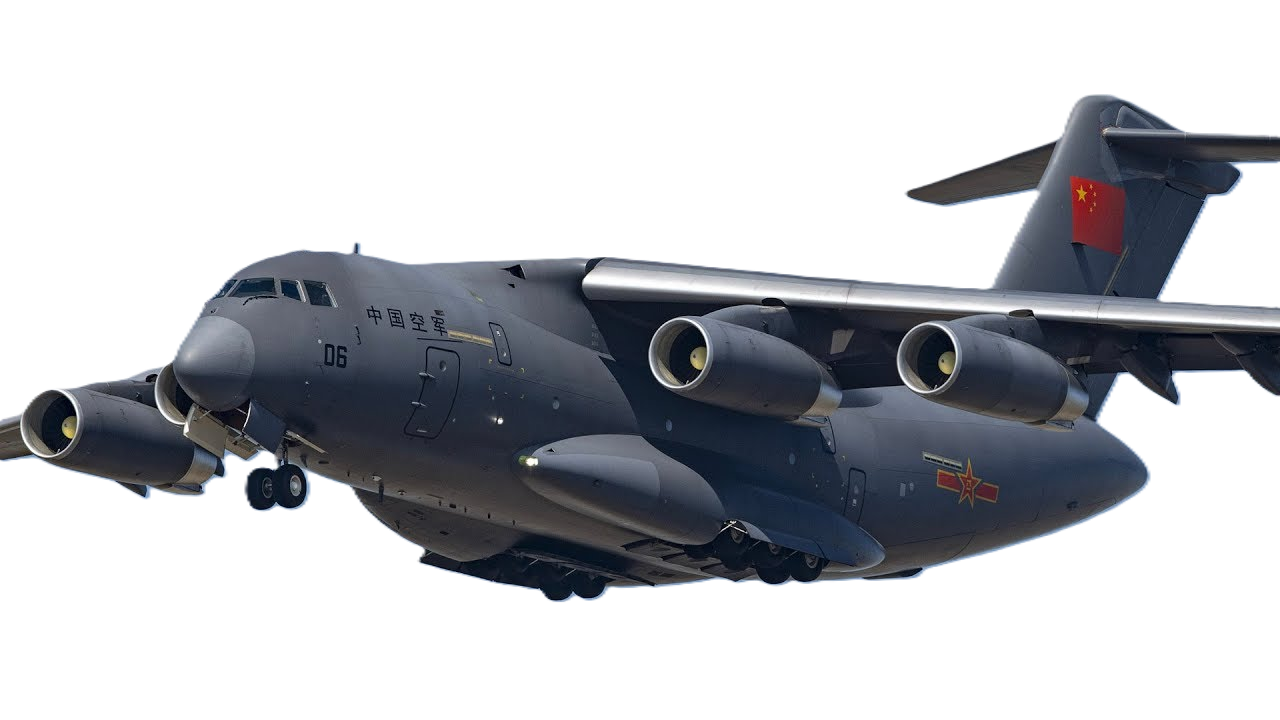
.png)